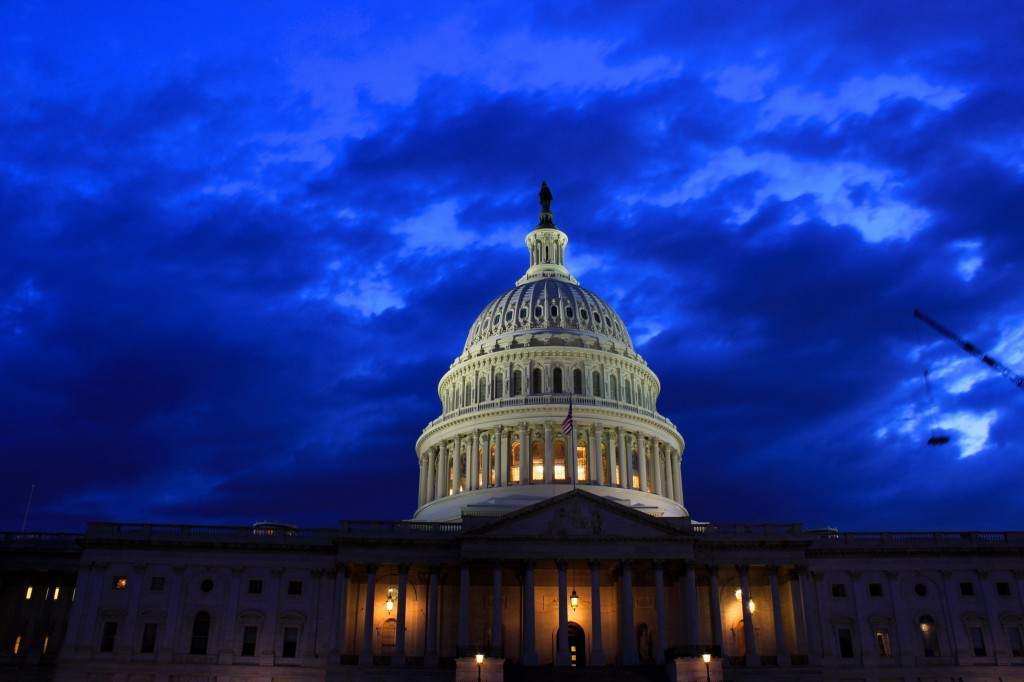More Political Decisions That Affect Our Ability to Earn and Save Money

Okay. Where are we in the world of political decisions that will affect our ability to earn and save money?
Senate embarks on new round of voting to peel back Affordable Care Act
On Tuesday night, just hours after opening debate, Senate Republican leaders were unable to pass a bill that they had spent weeks crafting but that never gained sufficient traction with the rank-and-file.
So the vote to debate health care legislation passed, but the “what if we didn’t debate and just passed this bill” vote didn’t. (For the record, Senator McCain voted to pass the bill that he had literally just announced he wouldn’t vote to pass, and… that’s all I need to say about that.)
Given all the disagreement, Republicans are focused on passing narrower changes to current law by the end of the week, known as “skinny repeal,” in hopes of keeping the debate alive in a House-Senate conference.
What’s “skinny repeal?” It’s like ordering your latte with skim milk and no whipped cream now because you think you’re going to get a big meal later:
‘Skinny repeal’ could be the Senate’s health-care bill of last resort
In substance, this plan would repeal just three parts of the ACA, according to several sources familiar with the approach. It would eliminate the requirement that most Americans carry health insurance as well as the requirement that employers with at least 50 full-time employees offer coverage to their workers. Both are central elements of the 2010 health-care law and its least popular aspects with the public.
The “skinny” plan also would rescind the tax on medical devices, one of several taxes the ACA created to help pay for other elements of the law.
The “skinny repeal” plan would give Republicans more time to draft a comprehensive “full-fat repeal” plan. (They’re not actually calling it that, but since they started the Starbucks metaphor I’ll go ahead and continue it.)
Anything else we should be aware of?
Trump administration moves closer to undoing overtime pay rule
The Trump administration on Tuesday pushed forward with its bid to undo an Obama administration rule to extend mandatory overtime pay to 4.2 million workers and said it was considering treating workers differently based on location and industry.
You might remember that the mandatory overtime pay rule was supposed to be in effect right now but was instead blocked by a federal judge last November. As an anonymous Billfold contributor explained:
Hourly to Salary and Back Again (Maybe)
I am one of the 4.2 million American workers impacted by the May 2016 update to the federal Fair Labor Standards Act. Because my annual compensation falls below the new cutoff of $47,476, and my job duties classify me as nonexempt, my employer must now pay me overtime if I work more than 40 hours per week.
Then again, maybe not. On November 22, a federal judge blocked the rule. In addition, the rule was changed through an executive order, so no one knows what will happen after January 20.
We live in uncertain times and we don’t really know how much we’ll be asked to work, how much we’ll earn, or how much we’ll be asked to pay towards the basic costs of living. (I don’t even know what “treating workers differently based on location and industry” means yet. Nobody does!)
Also, this:
Trump announces ban on transgender people in U.S. military
President Trump announced on Twitter Wednesday that he will ban transgender people from serving in the military in any capacity, reversing an Obama administration decision to allow them to serve openly and drawing dismay and anger from advocates.
Citing the need to focus on what he called “decisive and overwhelming victory,” Trump said that the military cannot accept the burden of higher medical costs and the “disruption” that transgender troops “would entail.”
COME ON. Also, we all know that higher medical costs aren’t really the issue here.
Trump Says Transgender People ‘Burden’ the Military With ‘Tremendous’ Costs. Here Are the Facts
By analyzing private health insurance data on gender transition-related expenditures, (such as hormone therapy or surgical treatment, for instance), researchers found that Military Health System costs could increase by $2.4 million and $8.4 million per year if it were extended to cover the estimated 1,320 to 6,630 transgender people in the military. This amount pales in comparison to the Department of Defense’s $49.3 billion health care expenditures in 2014, for example, and would represent between 0.005% to 0.017% of the department’s overall health care costs, according to the study.
Support The Billfold
The Billfold continues to exist thanks to support from our readers. Help us continue to do our work by making a monthly pledge on Patreon or a one-time-only contribution through PayPal.
Comments